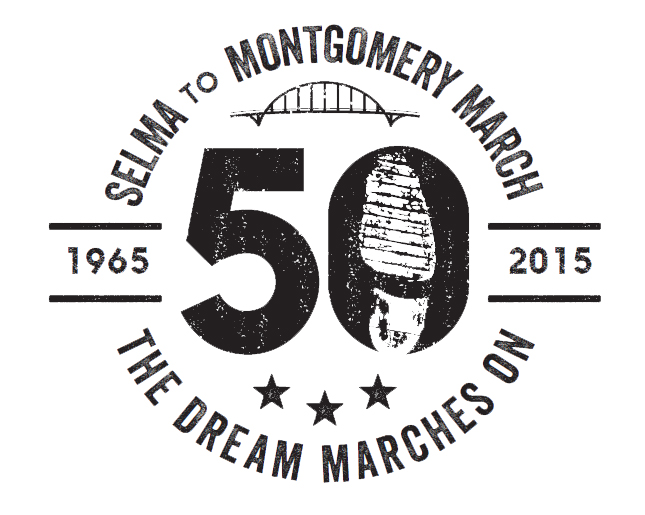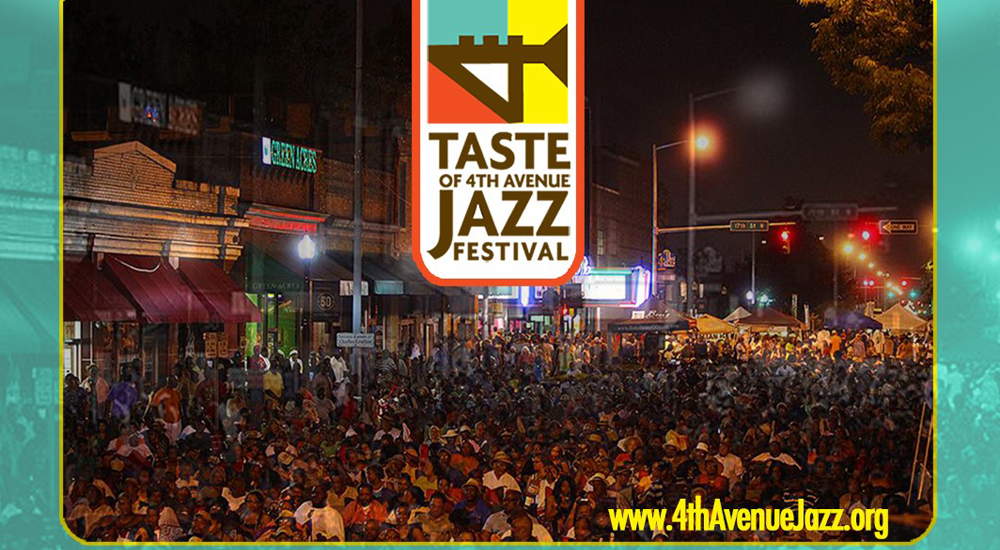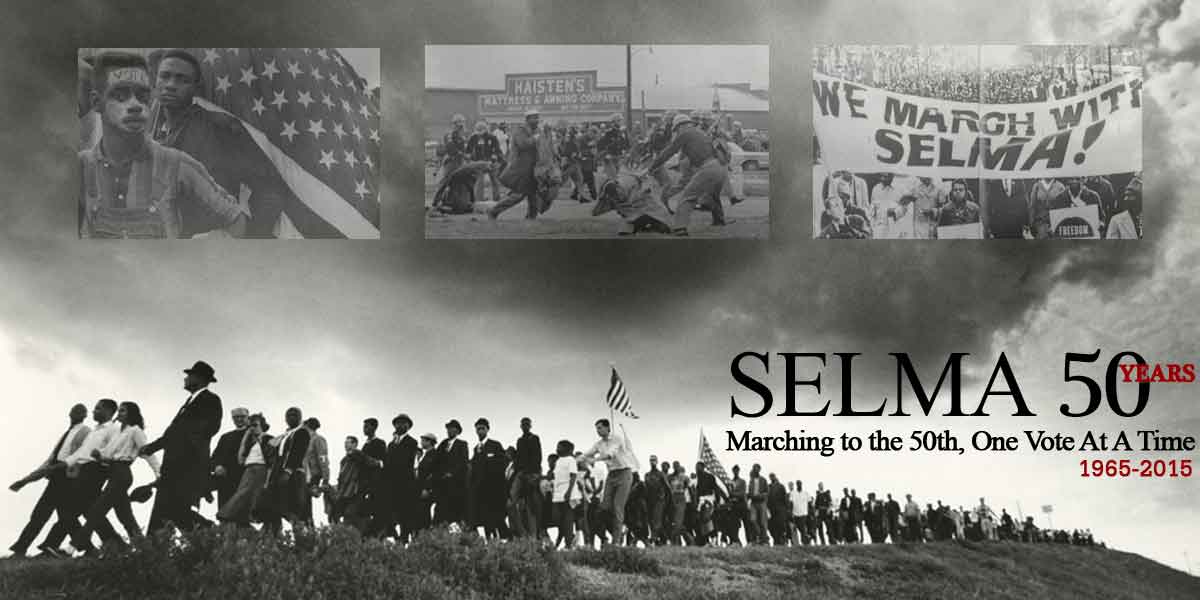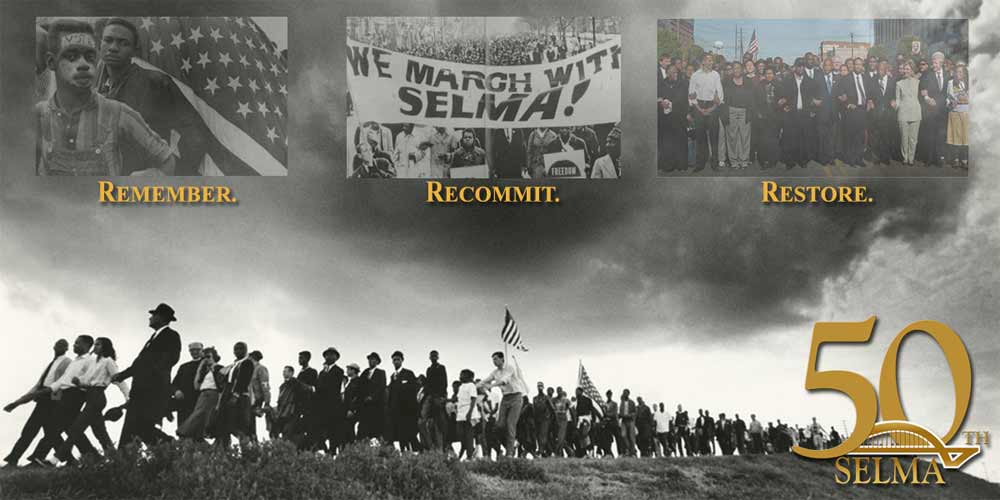
With a pair of scissors, Tamanuel Eaton cut the red-ribbon tied across the front of her new bungalow in Fountain Heights, officially marking a new era of revitalization in the once-neglected neighborhood.
The act ushered in a long-awaited, dream-come-true for residents who labored tirelessly, badgering elected officials for more than a decade, to bring some of the Downtown redevelopment northward into their community.
“While others heard complaints, some elected officials heard a voice in the wilderness of people who wanted better than they had,” City Councilman William Bell, who as a councilman and interim mayor of Birmingham, bore the brunt of Fountain Heights residents’ relentless, sometimes raucous, campaign for their neighborhood. “They were tired of the overgrown lots, the burned out homes, the low water pressure, and the poor streets.”
Now, he said, their campaign – carried out under the tenure of four mayors and other elected leaders — resulted in new single-family houses in Fountain Heights, the first in decades. And their efforts could set the standard for other neighborhoods whose residents are also crying out for change, Bell said.
He spoke during a ceremony Wednesday along with other elected and housing officials, including dignitaries from the Birmingham Housing Authority. It is completing 25 new homes in Fountain Heights as part of its Hope VI program.
That program, funded by tens of millions of dollars in federal grants, has lead to the demolition of two public housing communities. Hope VI’s aim is to eliminate pockets of blighted poverty and create communities where families of mixed incomes can live together. Metropolitan Gardens in Downtown was razed and has been replaced with Park Place in Downtown. Tuxedo Court in Ensley is no more, and it too will be replaced with a new community under the Housing Authority’s direction.{mospagebreak}
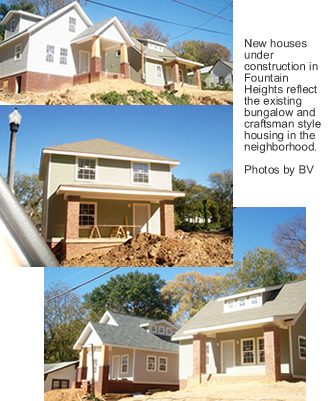 Fountain Heights is the first neighborhood to get the new, affordable single-family homes offered to lower-income households under this $3.75 million project. Eaton and 24 others families worked with housing counselors and several lending institutions to qualify for mortgages for their 1,350-square-foot houses with three bedrooms and two bathrooms.
Fountain Heights is the first neighborhood to get the new, affordable single-family homes offered to lower-income households under this $3.75 million project. Eaton and 24 others families worked with housing counselors and several lending institutions to qualify for mortgages for their 1,350-square-foot houses with three bedrooms and two bathrooms.
Eaton, 32, said she started her preparation last year in order to purchase her home on 15th Ave. North. She will be moving in soon with her 11-year-old daughter, who’ll attend the local school.
The new houses are mixed in throughout the neighborhood along 15th Avenue North, 15th Court North, 12th and 17th Streets North. The 1, 1½ or 2-story structures were designed by Paul Roderick of Adams Design to match the neighborhood’s existing bungalow- and craftsman-style homes.
The new homes cost between $93,000 to $100,000 to build. To make the houses affordable for lower income residents, the Housing Authority makes up the difference between the construction cost and residents’ mortgage with a second mortgage. It is forgivable, provided the homeowner stays in the house for 15 years.
Neighborhood President Doris Powell could barely contain her excitement and basked in the glow of the residents’ long-fought struggle to revitalize their community.
“I’m generally not an emotional person, but when I think back on how we got here, it’s almost overwhelming. And I thank all of our partners. . . this was all part of participatory planning to get the job done,” she said.
During the ceremony, Housing Authority Deputy Director Naomi Truman thanked a long list of partners, including residents, banks, housing counselors, builder Kelly Higdon of KSH Construction, and the architect, and the Authority’s staff, who worked under the leadership of Director Ralph Ruggs.
She said the Housing Authority plans to work with other builders of affordable homes to construct more of them in other neighborhoods across the City of Birmingham “to make sure that everyone has a safe, clean and decent home to live in.”


